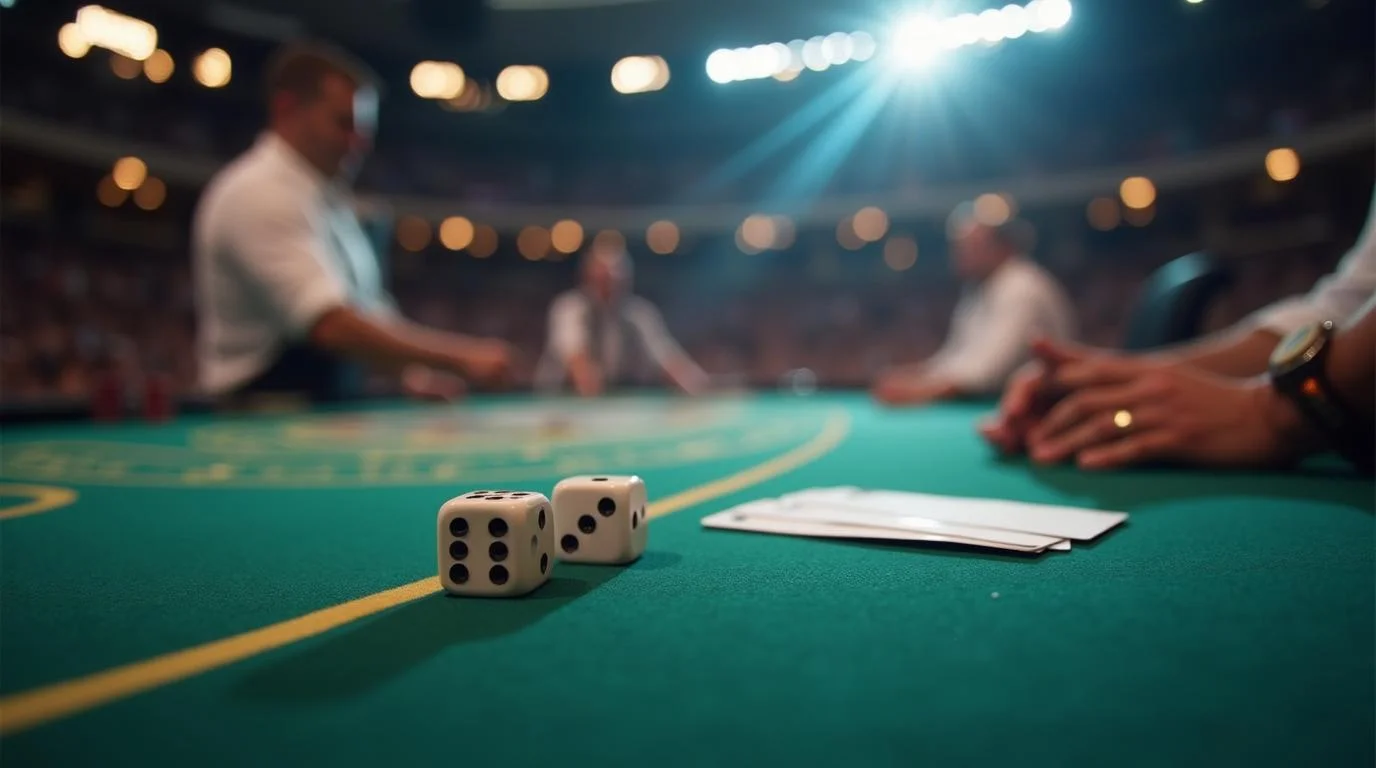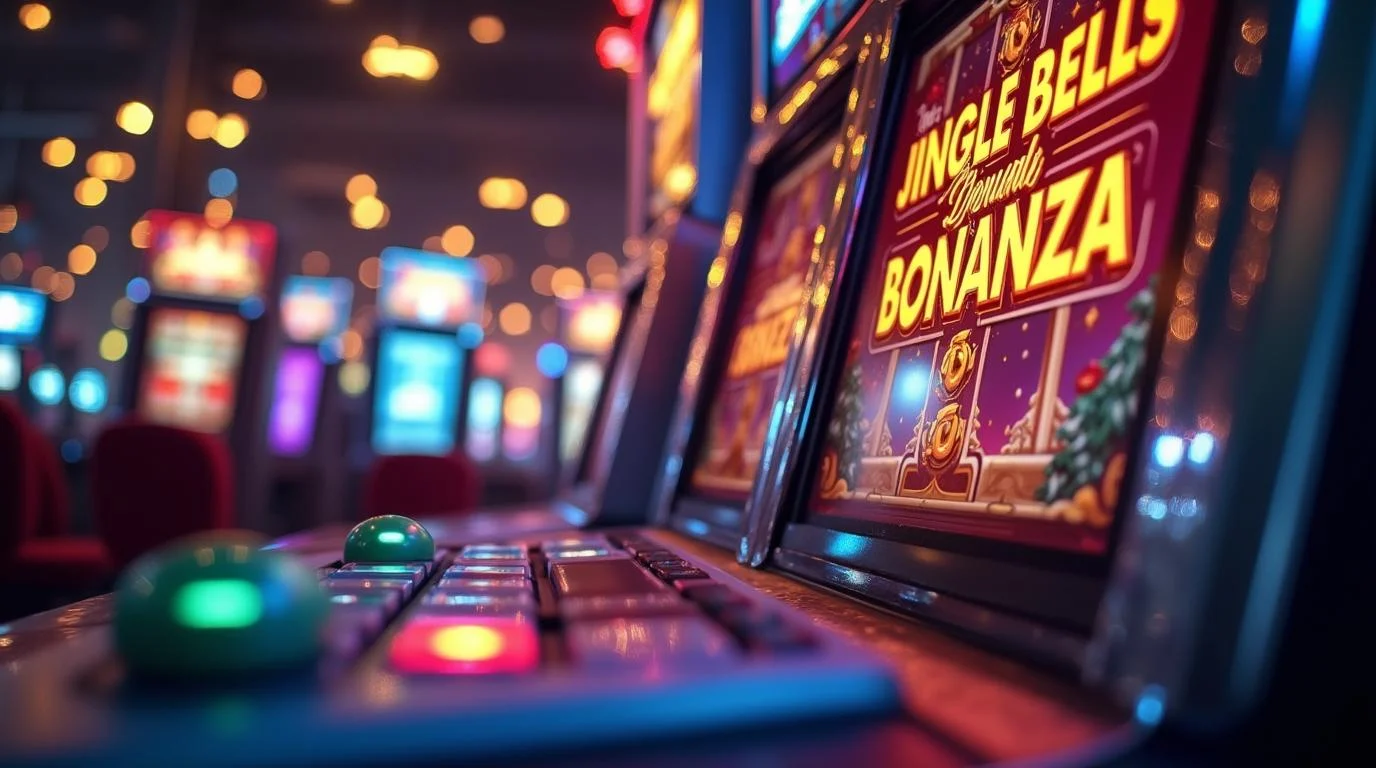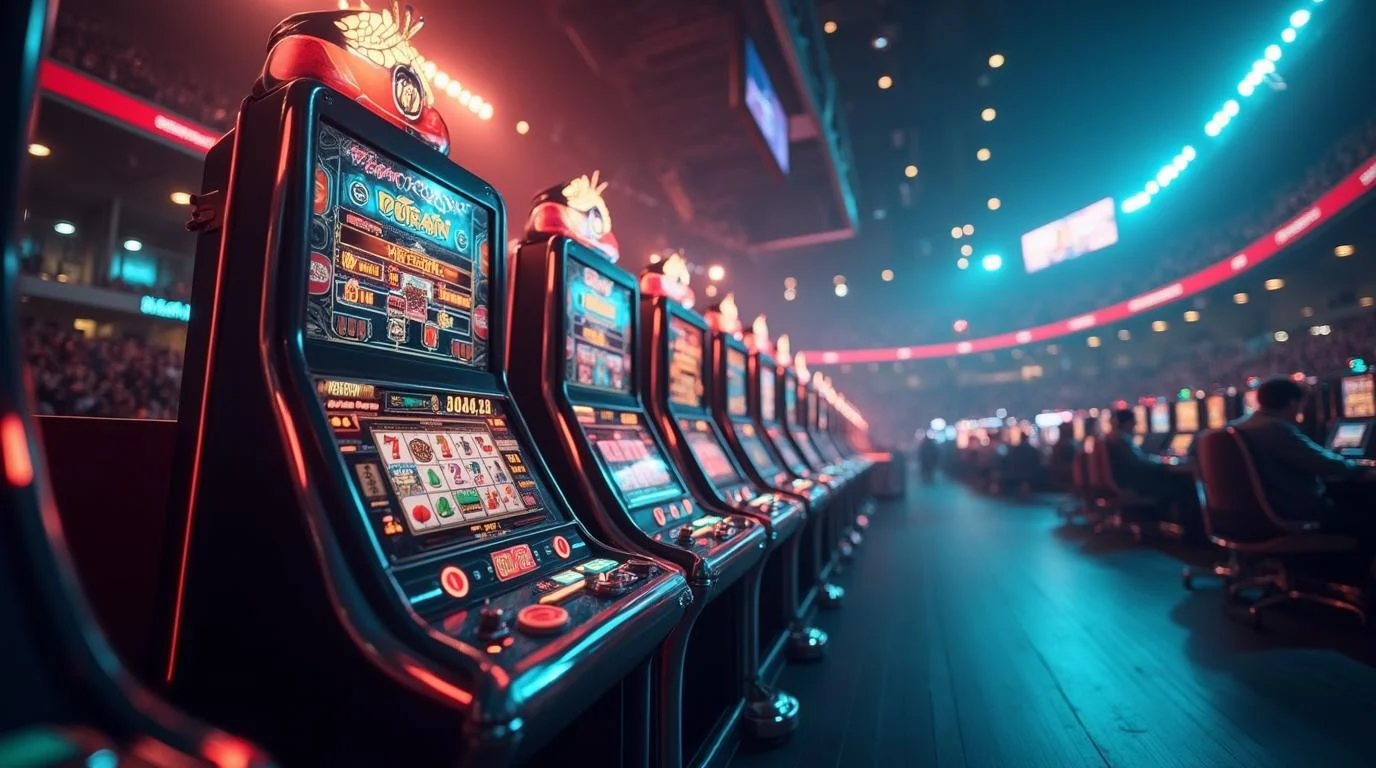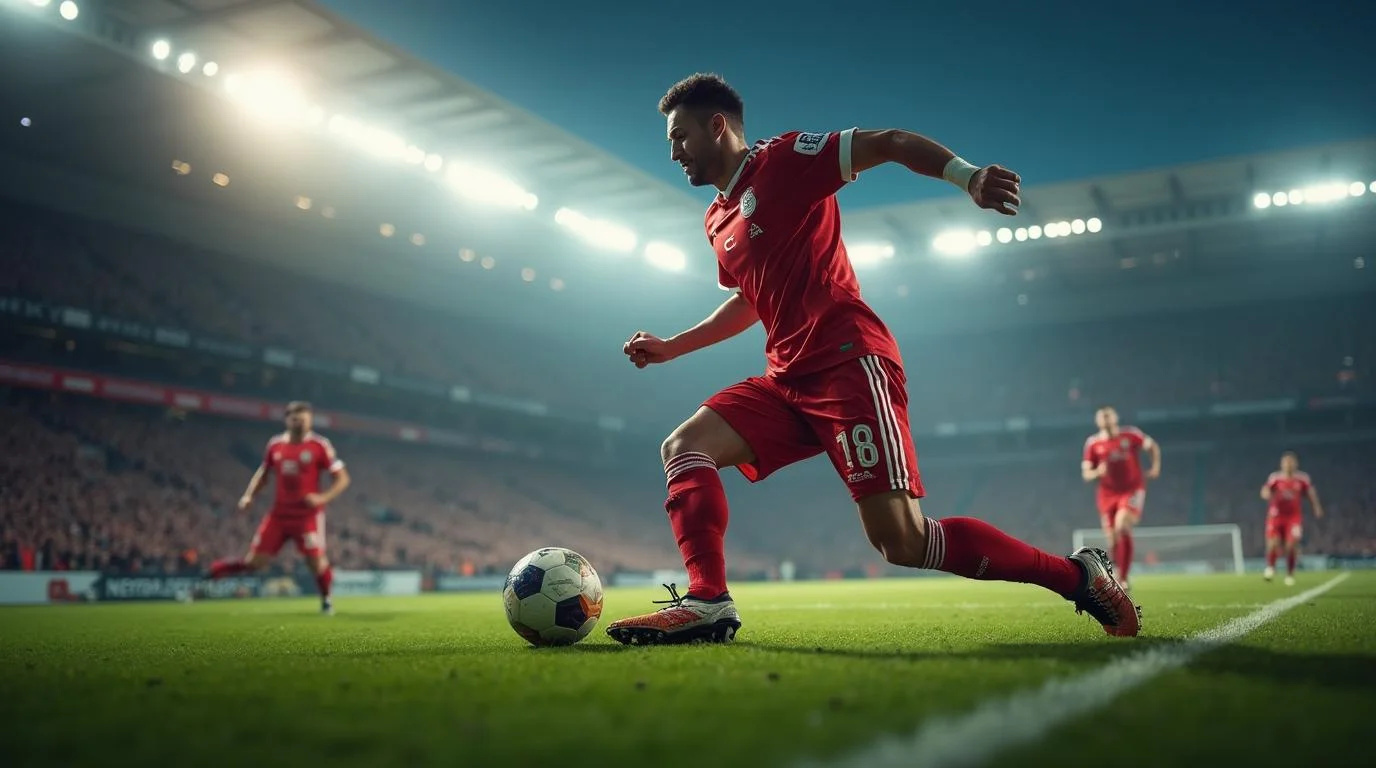PGCB Reveals Statewide Casino Revenue Down in February

1.0
Default
The Pennsylvania Gaming Control Board recently revealed that the gross gaming revenue in Pennsylvania has decreased this February. The PGCB noted that the main driver of this is brick and mortar casinos, although oddsmakers were also affected when the Philadelphia Eagles won in the Super Bowl.
Pennsylvania's gaming industry experienced a significant revenue decline in February, as oddsmakers took a major hit from Super Bowl LIX and concerns over the state's brick-and-mortar casino market continued to grow.
The Pennsylvania Gaming Control Board reported on Tuesday that statewide gross gaming revenue came to only $477.3 million last month, marking a 4.4% decline. The downturn was primarily attributed to revenue losses from traditional brick-and-mortar casinos and a sharp drop in sports betting revenue, which plummeted 75% from a total of $30.2 million in February of 2024 to just $7.5 million in February of 2025.
Super Bowl LIX devastates sportsbooks
The financial blow to Pennsylvania's sportsbooks was largely due to bettors overwhelmingly backing the home team, the Philadelphia Eagles, in Super Bowl LIX. The Eagles' success on the field translated into massive payouts, with 12 sportsbooks and their partners online reporting significant losses. The only exception was Valley Forge Casino Resort and its FanDuel sportsbook, which emerged as the sole major winner, posting nearly $13.7 million in revenue.
Meanwhile, sportsbooks in Western Pennsylvania, where the Pittsburgh Steelers have a stronger fanbase, fared better. Many of these retail sportsbooks avoided major losses, as their bettors were less inclined to wager on the Eagles.
Brick-and-mortar casinos face challenges
Despite Pennsylvania's gaming industry reaching a record-breaking $6.13 billion in GGR in 2024, the increase was predominantly driven by sports betting and iGaming. Traditional in-person revenue continued to struggle, declining by 1.5% in 2024, equating to a loss of approximately $51 million in the state's 17 casinos.
The trend briefly reversed in January of 2025, with brick-and-mortar revenue climbing to 3.7%. However, February saw another downturn, with in-person gaming revenue once again decreasing from the previous year. Physical slot machine revenue decreased by over 8% to only $186.3 million, while table games saw a 7% drop, bringing in $71.1 million. The total revenue from brick-and-mortar casinos reached $257.4 million, representing a nearly $22 million decline from February 2024.
The harsh winter weather in February 2025 may have also played a role, as snowfall and cold temperatures could have deterred patrons from visiting physical casinos.
Ongoing concerns for the legacy gaming market
Several factors continue to threaten Pennsylvania's traditional casino market. The growing presence of unregulated, slot-like skill games is a major concern, with Governor Josh Shapiro expressing interest in providing them with a legal framework. If these games become regulated, they could further divert revenue away from licensed casinos.
Additionally, the Pennsylvania Lottery is seeking approval to offer new, high-priced instant games that mimic interactive slots. These changes could put further pressure on brick-and-mortar casinos, as players have more digital alternatives to traditional slot machines and table games.
Online gaming and fantasy sports shine
While brick-and-mortar casinos and sportsbooks struggled, Pennsylvania's iGaming sector continued to flourish. Online slot revenue surged 23% year-over-year to $154.3 million, offsetting some of the overall losses in the industry. However, interactive table games saw a 10% decline, bringing in $50.9 million, while internet poker remained flat at $2.4 million.
Fantasy sports operators also saw a boost, with revenues increasing by 17% to a total of $1.5 million. The presence of the Eagles in the Super Bowl likely contributed to this surge, as daily fantasy sports contests saw heightened engagement.
Despite the overall decline in gaming revenue, Pennsylvania's government continued to benefit from its robust gaming industry. The state collected over $202.5 million in tax revenue from gaming in February 2025, excluding lottery income. However, it remains a point of contention that skill games, which are increasingly competing with casino gaming, do not contribute any tax revenue to the state or local governments.
As Pennsylvania's gaming industry moves forward, the state will need to address the ongoing challenges facing its brick-and-mortar casinos while balancing the growing demand for online gaming and sports betting.




















